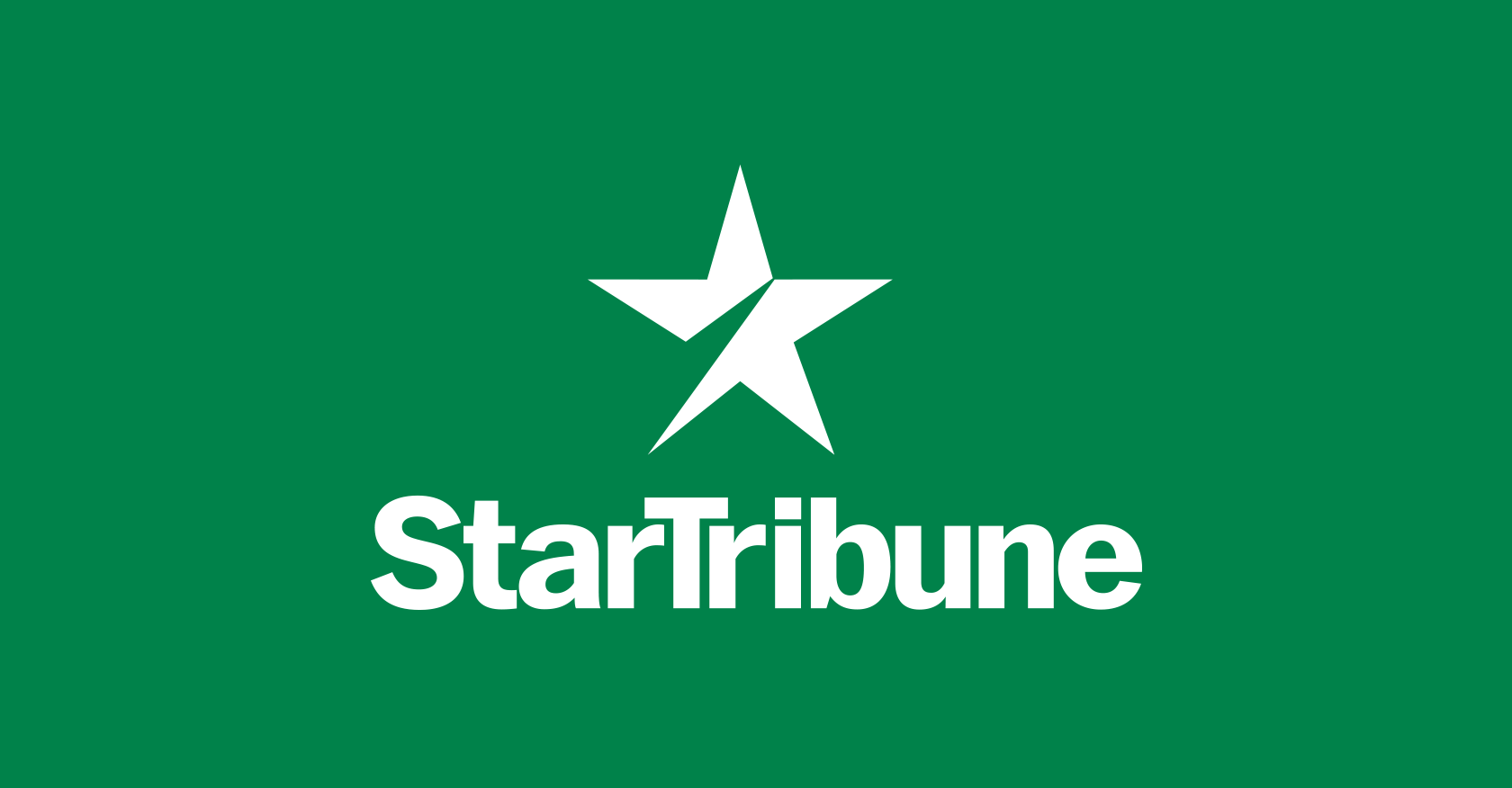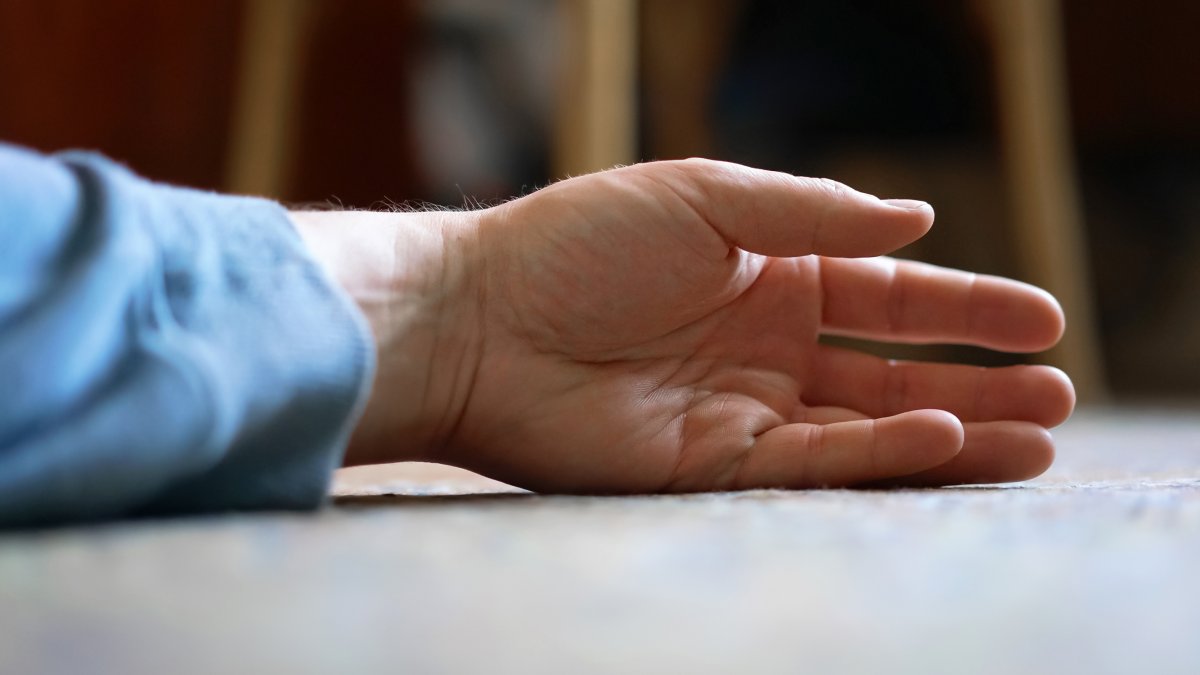The Miami Heat Are Back — Or Maybe They Never Left
The 2020 NBA bubble was, for many reasons, unlike just about anything else in the history of pro sports. After an abrupt pause in the season that meant putting their skills on the shelf for almost five months, players had to quickly ramp back up to peak form while also isolating from their families, miles away from home, in the middle of a pandemic. Although the ensuing playoffs gave us some indelible moments, their unusual nature produced a distinct sense that trends from inside the bubble might not apply outside of it.
And perhaps no team was more affected by that perception than the Miami Heat, whose march to the NBA Finals as a No. 5 seed was the bubble postseason’s most impressive outlier according to our Elo ratings. Miami followed up that effort with a decent-but-not-great 2021 season, finishing sixth in the East and getting emphatically swept out of the first round of the playoffs by the eventual-champion Milwaukee Bucks. But if the bubble giveth, it also taketh away — and in that sense, the Heat deserved some slack: They were exhausted from the toll of playing 105 games in 302 days and struck by injuries to Jimmy Butler, Goran Dragić and others.
After getting a longer offseason to reset, Miami is back and proving its run in the bubble was no fluke. With their win over the Portland Trail Blazers Wednesday night, the Heat are 13 games over .500 and sit just behind the Chicago Bulls for the top record in the East. Only the Phoenix Suns and Golden State Warriors have a better (classic) Elo rating than Miami, an accomplishment made even more impressive by the fact that Butler and Bam Adebayo missed extended time in the first half of the season. Now the Heat could just be getting started: Over the past two weeks, no team has gained more points of Elo, with both Adebayo and Butler returning to full strength — and the team doesn’t even have all of its components playing yet.
Then again, perhaps we should never be surprised when the Heat are able to maintain a high level of play in spite of setbacks. Simply put, the franchise almost never has a down year. Since current team president Pat Riley became Miami’s head coach for the 1995-96 season, only the San Antonio Spurs and Los Angeles Lakers have won more playoff games than the Heat, and only the Spurs have made more total playoff appearances.
The Heat have been playoff fixtures in the Riley era
NBA franchises by number of playoff appearances since 1995-96
Miami is well on its way to adding to that tally this season, with a 98 percent playoff probability according to the FiveThirtyEight forecast model. There’s a reason why, when basketball insiders get together and talk about the best-run franchises in the league, the Heat are always at or near the top of the list. This season has been a master class in many of the factors leading to their perennial success.
Head coach Erik Spoelstra personifies Miami’s sense of stability and winning culture. Currently in his 14th season leading an NBA team — all with the Heat — Spoelstra’s squads have suffered a losing record just twice in his career, and only three times have they failed to rank among the NBA’s top nine teams by defensive efficiency. Spoelstra is already 14th on the all-time list of wins above .500 by an NBA coach, just ahead of Larry Brown, Lenny Wilkens and Tommy Heinsohn and closing in on the great Chuck Daly. Yes, he has been blessed with stars: Spoelstra coached Dwyane Wade right away, with LeBron James and Chris Bosh joining soon thereafter, and Butler and Adebayo have anchored his more recent teams. But he has also won more games than we would predict from the Vegas over/unders of his teams — a sign that he is maximizing his talent — and he’s finished in the top four of Coach of the Year voting on three occasions.
This year’s team has upheld Spoelstra’s careerlong trend with a No. 7 ranking on defense, and it has built on its seventh-place offensive finish in 2019-20 to rank third this season (after a dip to 17th last year). With Adebayo and Butler’s availability limited, and with newcomers such as Kyle Lowry and P.J. Tucker in the fold, Spoelstra’s offense has morphed to showcase the talent on hand. So although the 2021-22 Heat haven’t been generating a lot of looks at the rim — something that might change as their stars get rolling — they have been crashing the offensive boards hard and making lots of threes, particularly from the corners (as we might expect from a team with Tucker, who’s notorious for standing around in the corner waiting for catch-and-shoot chances). And while the addition of Lowry, who usually drives his teams to play faster when on the court, hasn’t exactly led to a run-and-gun version of the Heat — they still rank 29th in pace factor (i.e., possessions per 48 minutes) — Miami has been the league’s most efficient offensive team in transition when they do push the ball.
The Heat’s excellence on both sides of the basketball has been a true ensemble effort as well. Among those who’ve logged at least 500 minutes, 10 of Miami’s 11 players have a positive RAPTOR plus/minus — with the lone exception being Duncan Robinson (perhaps surprising, given Robinson’s importance as a shooter during the Heat’s Finals run). No other team in the league has 10 above-average players on its roster, and only one — the Suns — has a greater share of its qualified players sitting above par.
The Heat have a lot of solid contributors
NBA teams with the most qualified* players carrying a RAPTOR plus/minus rating above 0, 2021-22 season
Some of those players are known quantities and veteran producers, like Butler and Lowry. Others, such as Tyler Herro, were expected to keep improving and play important roles if Miami was to compete for a championship. But these wouldn’t be the bargain-hunting Heat without getting huge contributions from totally unheralded sources. Of those 10 above-average players, five — Caleb Martin, Max Strus, Gabe Vincent, Dewayne Dedmon and Omer Yurtseven — went undrafted. All five were also signed by Miami after being waived or otherwise not retained by another NBA team first. The group is collectively earning less than $7.7 million this season while generating 8.5 RAPTOR wins above replacement, meaning Riley and the Heat have paid a shade over $900,000 for every win out of that quintet. (For context, the going rate across the league is around $3 million per win.) And as my colleague Jared Dubin pointed out when he awarded Martin the honor of “Best Dollar-for-Dollar Value” this season, Martin’s two-way contract means he has gotten paid just $192,612 per win so far — and his salary doesn’t even count against Miami’s cap figure!
And Miami may have other high-upside bargains to add to the mix this season. Power forward Markieff Morris is working his way back into shape after missing 35 straight games with a neck injury (following a nasty hit from behind by Nikola Jokić); while RAPTOR has never been terribly fond of Morris, his defense and shooting were valuable for the Lakers in the 2020 playoffs and could be again for Miami this year. More importantly, the team is awaiting the return of Victor Oladipo from the right quad injury that has kept him sidelined since last April. Oladipo has played only four total games as a member of the Heat, hasn’t suited up more than 36 times in a season since 2018 and still has a nebulous timeline to get back on the court. But in his last fully healthy season, he ranked third in the entire league in RAPTOR WAR, and he’s signed to a one-year, $2.4 million make-good deal that should provide plenty of motivation for him to prove he’s worth another real payday this summer.
If Oladipo and Morris can return to vintage form and add to Miami’s current core, look out. But even if not, the Heat are a well-coached, well-built team with star power and depth alike. They are showing us once again why Miami is arguably the most respected organization in basketball — and why a repeat of 2020’s deep playoff run is not out of the question, even outside the unique circumstances of bubble-ball.
Check out our latest NBA predictions.



